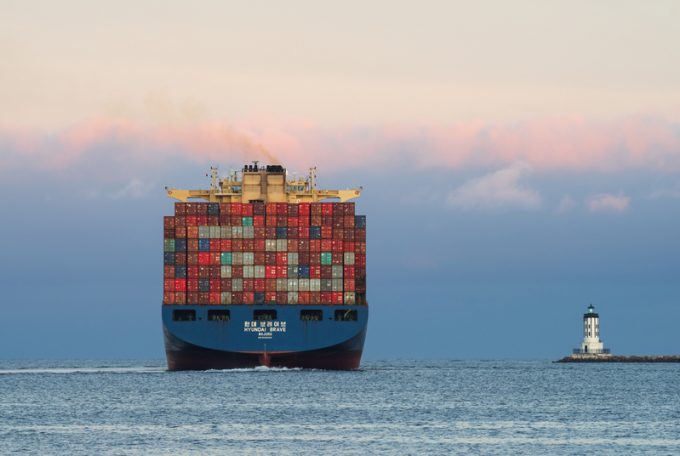WSJ: Shipping tycoons discuss separating Panama ports from Hutchison deal
WSJ reports: The billionaires behind the MSC shipping empire are discussing carving out two Panama ports ...

Following 18 hours of talks, HMM’s management and unions representing the Korean flagship carrier’s seafarers and office staff have reached agreement on salaries.
Salaries will be raised by 7.9% and staff will be given bonuses of up to 650% of monthly salaries.
HMM’s employees were unhappy at increments of just 2% this year after the company achieved a record profit resulting from Covid-19-related supply chain disruptions. And salaries had been frozen between 2011 and 2019, years when the line was often in ...
Maersk u-turn as port congestion increases across Northern Europe
Apple logistics chief Gal Dayan quits to join forwarding group
Maersk Air Cargo sees volumes fall as it aims for 'margin in favour of revenue'
Airlines slash freighter capacity post-de minimis, but 'the worst is yet to come'
Houthis tell Trump they will end attacks on Red Sea shipping
Transpac rates hold firm as capacity is diverted to Asia-Europe lanes
MSC revamps east-west network as alliance strategies on blanking vary
India-Pakistan 'tit-for-tat' cargo ban sparks sudden supply chain shocks


Comment on this article